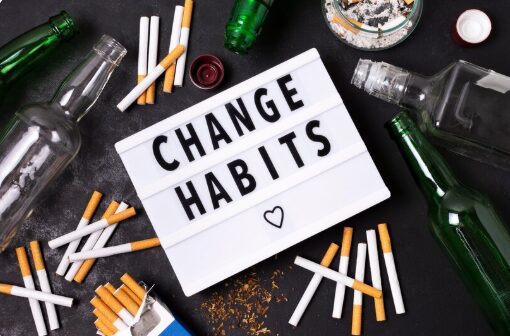In 2025, addiction treatment will focus on adaptable, individualized support, using telehealth and digital communities. Emerging technologies, therapeutic modalities, and the convergence of families, peers, and policy will deliver robust, lasting recovery strategies.
Addiction recovery is undergoing transformational change due to advances in science, technology, and social support systems. In 2025, personalized digital solutions, evidence-backed treatments, and community support frameworks will offer more tools and resources. For those seeking accessible and effective help, new models exemplified by Denver rehab in Colorado showcase how the best of tradition and innovation can foster lasting, meaningful change. This in-depth exploration unpacks how these pioneering approaches improve outcomes, break down barriers to care, and pave the way for a new era in addiction recovery.
Technological Innovations in Addiction Recovery
The digital revolution has significantly impacted addiction recovery, with mobile applications providing real-time resources like guided meditation and AI-powered check-in prompts. These platforms empower individuals to manage triggers and access coping mechanisms. Telemedicine has reduced logistical barriers, lowered stigma, and promoted open communication. Wearable devices with biometric sensors can alert care teams to physiological changes, enabling early intervention and proactive support. These advancements have significantly impacted the recovery journey for individuals struggling with addiction.
Evidence-Based Treatment Modalities
Medical advancements have emphasized evidence-based treatments in addiction care, including targeted pharmacological interventions and Cognitive Behavioral Therapy (CBT). These treatments help individuals identify negative thought patterns, develop healthier responses to stress, and maintain recovery. Holistic and integrative therapies, such as mindfulness meditation, yoga, and expressive arts, address emotional regulation, trauma history, and self-esteem, providing comprehensive, individualized care. This synergy combines science with self-exploration and creativity.
The Role of Community and Support Networks
Sustained recovery requires strong social and community connections, with digital peer support networks providing 24/7 encouragement and advice. Family involvement is crucial, with education programs teaching advanced communication skills and fostering a stigma-free home environment. Businesses, schools, and community organizations are implementing recovery-friendly policies, such as flexible leave and mental health days, to reduce stigma and create spaces where individuals in recovery are supported and valued.
Future Trends and Recommendations
Genetic and metabolic testing will enable deeper personalization in addiction recovery, allowing care providers to predict relapse risks earlier. Artificial intelligence and machine learning will also help. However, challenges like uneven insurance coverage, legal hurdles, and social stigma need policy solutions. Advancing insurance reforms, harm reduction programs, and public education are crucial for making innovative therapies accessible.
Conclusion
The future of addiction recovery in 2025 is hopeful, transformative, and more attainable than ever. The rapid fusion of digital technology, precise evidence-based treatment, and the compassionate grounding of community and family support marks a holistic, integrated approach that honors the complexity of each person’s journey. By embracing innovative strategies and ensuring care is accessible and tailored to everyone’s unique needs, whether through a specialized program or trusted centers, empowering recovery is the norm, not the exception.
The future of addiction recovery in 2025 is hopeful, transformative, and more attainable than ever. The rapid fusion of digital technology, precise evidence-based treatment, and the compassionate grounding of community and family support marks a holistic, integrated approach that honors the complexity of each person’s journey. By embracing innovative strategies and ensuring care is accessible and tailored to everyone’s unique needs, whether through a specialized program or trusted centers, empowering recovery is the norm, not the exception.



































